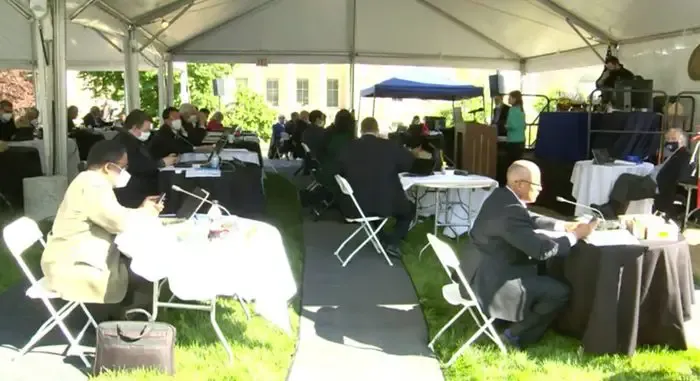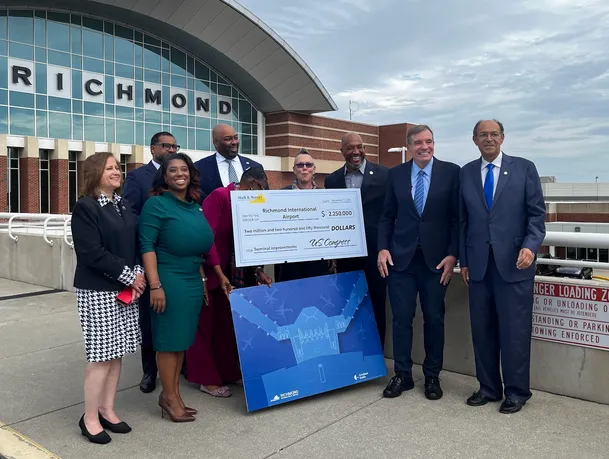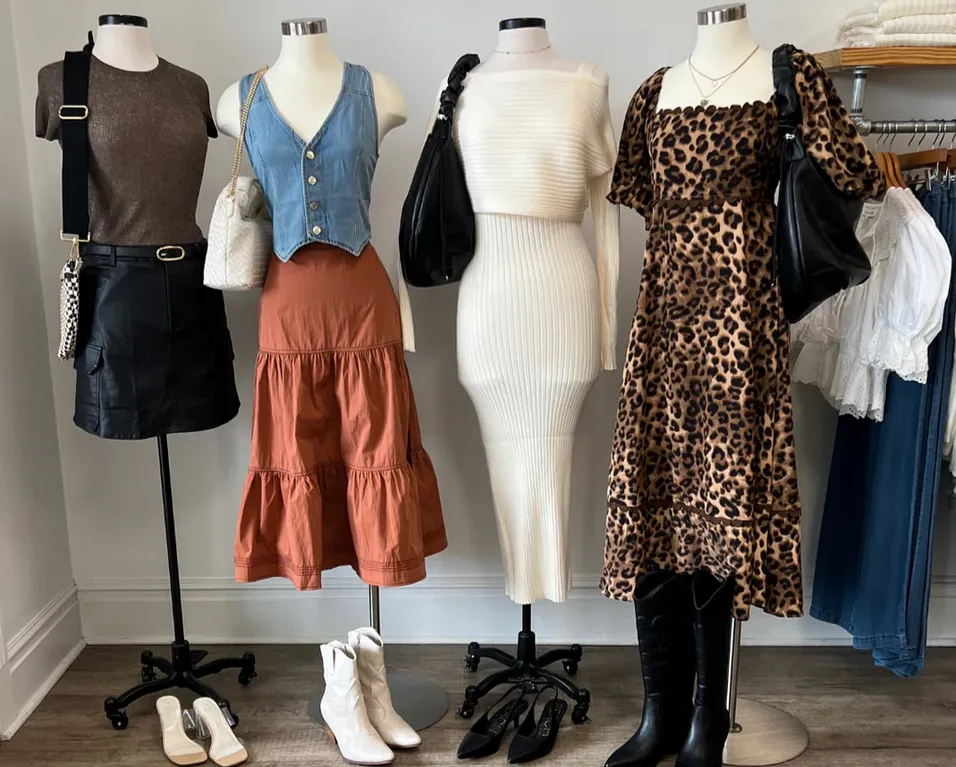Some lawmakers view minimum wage delay as lesser of two evils

Table of Contents
Labor advocates and Virginia legislators worried the recently passed bill to increase minimum wage might die during the reconvened General Assembly session Wednesday.
Gov. Ralph Northam’s amendment deferred the start date of the original bill by four months in response to the economic blow dealt to the state from the coronavirus pandemic. The recommendation was one of many made to trim the $135 billion, two-year budget passed in the spring. Republican lawmakers wanted to reject the amendment in order to stall the passage of the bill and have the governor amend it further.
During the relocated Senate floor session held at the Science Museum of Virginia, Sen. Mark Obenshain, R-Rockingham, argued that now is a risky time to consider raising the minimum wage given the COVID-19 crisis. He said the legislature should reject the governor’s recommendation and send the bill back for reconsideration.
“Voting ‘no’ on this amendment keeps this issue alive,” Obenshain said. “It sends it back to the governor, and the governor has one more chance to do what’s right, not just for businesses, but for workers.”
Lawmakers who oppose minimum wage increases argued that those working minimum wage jobs in Virginia are young people entering the workforce, not people trying to support families. Other legislators pointed to the essential workers now serving the public from the front lines of the coronavirus outbreak, many of whom make minimum wage.
“Quite frankly I find it hard to believe we’ve got people in here who don’t think somebody working full time in any job should earn at least $19,600 a year,” said Senate majority leader Richard Saslaw, D-Fairfax. “There’s no one in here … that would work for that kind of wage. No one.”
There were impassioned pleas from several House members to accept the recommendation instead of risking the bill being vetoed, though one delegate voiced resentment at having to make the choice. Del. Lee Carter, D-Manassas, said the COVID-19 crisis has spotlit “one of the most glaring contradictions in our economy” -- that workers paid the least are often deemed most essential to society.
“We are saying to these people ‘you are not worth a pay raise come January,’” Carter said. “I’m not gonna fault anyone that votes ‘yes’ on this, for taking the sure thing four months later rather than taking the chance, but if that’s what we’re gonna do ... I can’t be any part of it.” Carter did not cast a vote on the amendment.
Del. Elizabeth Guzman, D-Prince William, said that some legislators’ notion that families don’t depend on minimum wage is a myth.
“I’m glad they acknowledge that there are people in Virginia who cannot live off minimum wage,” Guzman said. “Actually, what they do is they get a second job, or a third job in order to make ends meet.” Guzman immigrated to the U.S. from Peru at the age of 18 and worked three jobs to afford a one bedroom apartment.
The House of Delegates voted 49-45 to accept Northam’s amendment to their bill. Lt. Gov. Justin Fairfax made the tie-breaking Senate vote when its version ended in a 20-20 tie.
The identical bills, introduced by Sen. Saslaw and Del. Jeion Ward, D-Hampton, originally would have raised the state’s minimum wage from $7.25 to $9.50 per hour on Jan. 1, 2021. The governor’s amendment pushes the start to May 1, 2021.
The wage will then increase to $11 in 2022, $12 in 2023 and by another $1.50 in 2025 and 2026. Every subsequent year the bill is to be re-amended to adjust the minimum wage to reflect the consumer price index.
Virginia’s cost of living index is very close to the national average, but it ranks in the top four among states where the minimum wage equals the federal rate of $7.25, according to an analysis of data from the Missouri Economic Research and Development Center.
Anna Scholl, executive director of Progress Virginia, said now is not the time for Virginia to turn its back on low wage workers.
“We have been fighting for a decade to push for people who are working hard to make ends meet, to support their families and to be able to do so with dignity,” Scholl said. “That’s what raising the minimum wage is about.”




